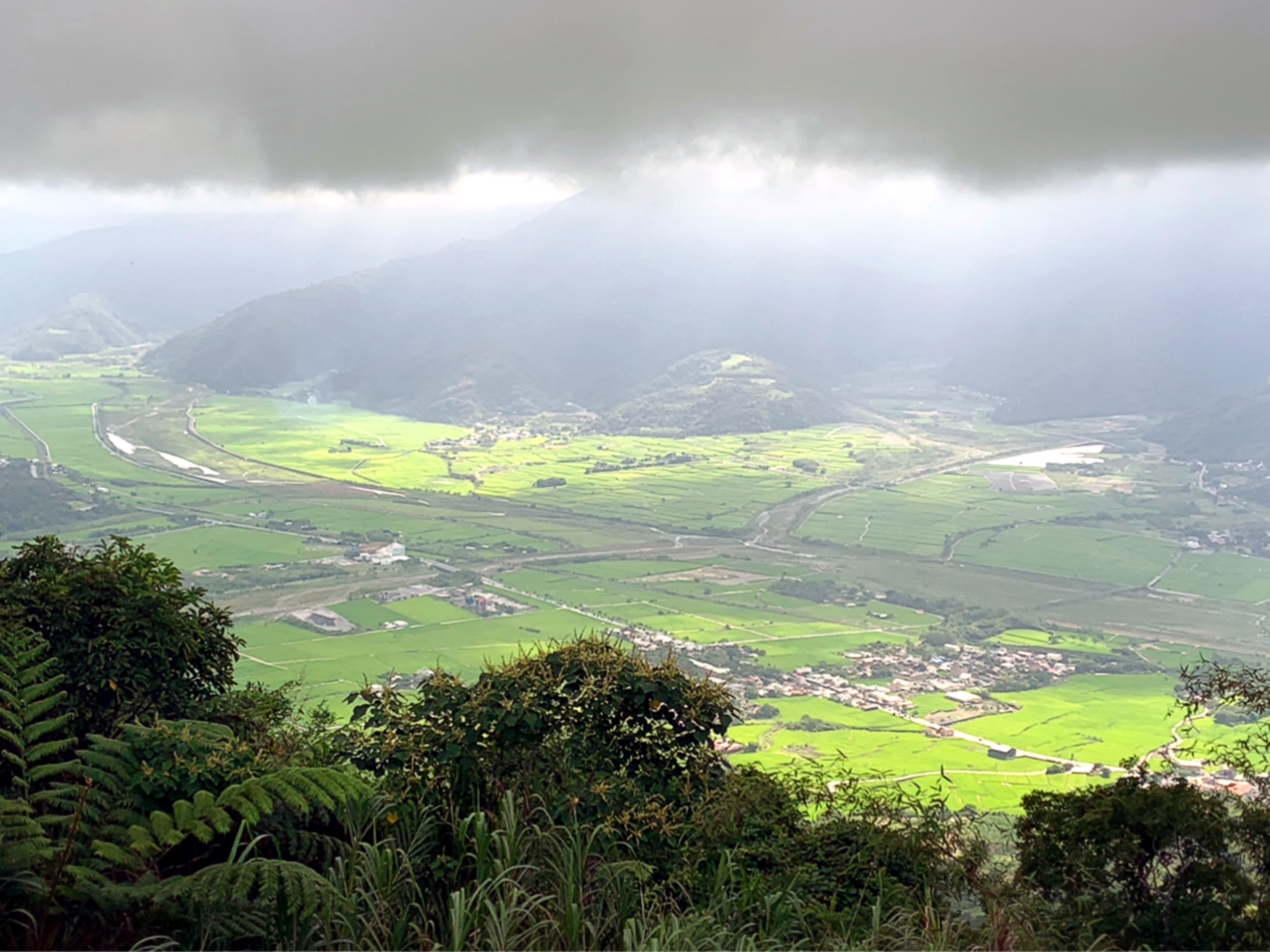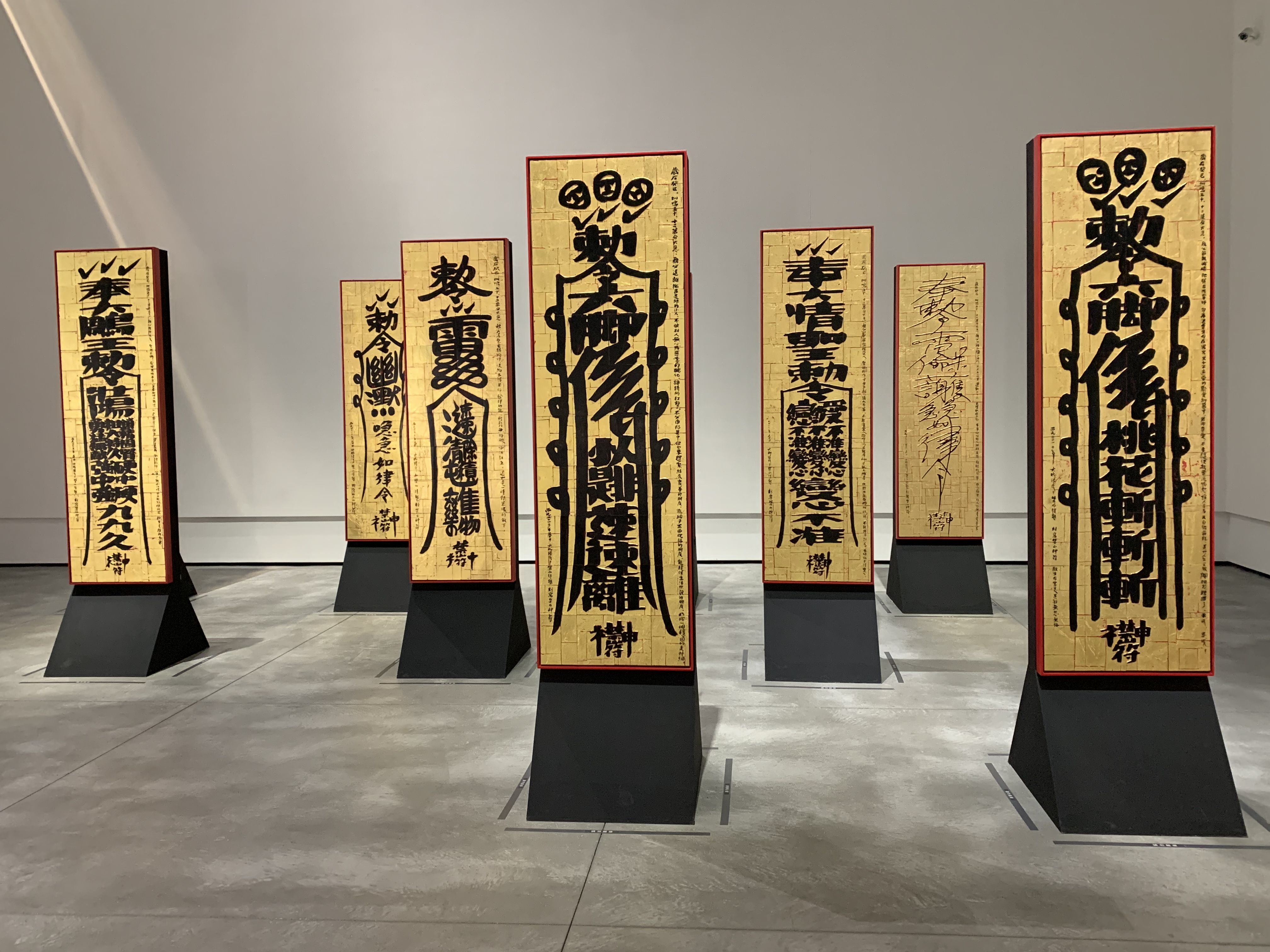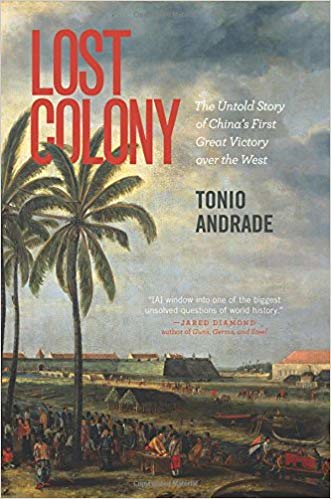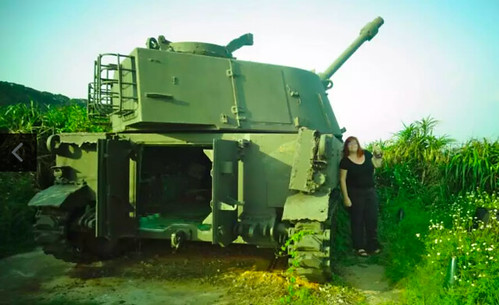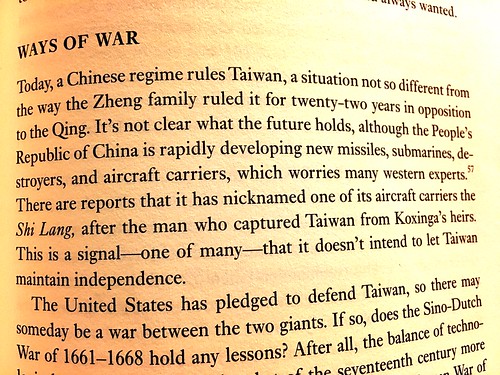The events of the past week have been flustering and paralyzing; I'm flooded with barely-concealed anxiety. I don't have a hot take on Ukraine, nor to what extent Taiwan is in a comparable situation. And why should I? The obvious answer is "not very, but there are some parallels and it'd be foolish to think Xi Jinping isn't taking stock of the situation."
I could talk about the inherent racism of media coverage of international conflicts, but others have said it better (at the ten-minute mark).
It has brought out a lot of thoughts and feelings, though, and where else to share them but one's personal blogging space?
Once again, I'm reminded of the fact that I'm not exactly a pure winged dove: while certainly anti-war, it bothers me the extent to which I think war is a very bad option, but not necessarily the worst. For both Taiwan and Ukraine, war is the second-worst option. The worst would be annexation.
Beyond that, I've been thinking a lot about the role of writing vs. doing. Writing is nice, but I've long known it doesn't accomplish much, at least for a blogger like me. It's easy to write and gain visibility, but it's more important to do, public profile be damned. I'm not sure exactly what to do (though donating through either of these platforms is a start), but writing hasn't felt as compelling a use of my time recently.
It's also brought to the fore all of my internal back-and-forth about the role of the West -- specifically, the United States. In my lifetime and for some decades before, pretty much every US military involvement has been an imbroglio or a disaster, and I have no interest in defending that.
That's on the one hand, anyway. On the other, is it truly worse for the US to get involved than for, say, Russia to take Ukraine or China to take Taiwan? I don't know, but I can say quite certainly that if China were to knock on our door, I'd rather have US backup than not. I've dropped friends over this: but nobody wants Taipei to be another Fallujah, they said. True, but China would be the one doing that, I replied. They seemed unable to grasp the notion that another government could actually be worse than the United States, that perhaps another country's missiles were a bigger threat to someone they knew personally than any US offense. We don't talk anymore.
Most of all, however, what this week has drawn out has been the simple question that's taken up so much of my internal dialogue -- my dove and my hawk, battling it out:
What's worth fighting for?
In other words, if China did invade Taiwan, what would I do, exactly, and why?
I maintain that nobody really knows how they'd react until they're in that situation. The best we can do is engage ourselves in inner discourses working through the options and their rationales.
Is a country worth fighting for? Yes, possibly, but plenty of people have put their faith in national values which turned out to be wrong. What's more, I'm a non-citizen with little chance of gaining Taiwanese nationality (there is no meaningful path for me). Is it right, or wise, to put my life on the line for a country that won't even give me a passport?
Is a piece of land, or the idea of a country worth fighting for? Well, I do love this country, and that includes the land. But I've never been one for patriotism, especially the blind sort. I disliked the country I'm actually a citizen of enough to leave permanently! Taiwan is not only beautiful, but the land itself is one part of Taiwanese identity. I'm not Taiwanese, though.
Are people worth fighting for? Certainly, they are. As another friend put it, he's never loved a place enough to risk his life for it, yet he would do just that for people he cares about.
But to what extent am I centering myself in the struggle of others if I entertain the delusion that I, specifically, am needed to physically fight for or with people whose identity and culture I don't share? Is there a smidge of white saviorism in the sentiment? There's no clear answer to that.
And yet, despite all these arguments, despite myself, I can't imagine not fighting for Taiwan. If people were in Taipei basements making Molotovs, it's difficult to envision not being there to help add to the pile. A life in which I run away and live safely in the US or Canada doesn't feel like a life worth living.
Why, though? I wasn't born here. I live here, but I'm not of here.
What is worth fighting for?
Part of the answer comes back to people: I have the means to leave, but a lot of people I care about deeply would not. What kind of person cuts and runs and leaves behind almost all of their friends, their built community, their local ties, and people they don't know but who deserve life, liberty, peace and justice as much as anyone else? Safely back in the US while the people you care about face the attack?
What kind of person does that after decades here, building a life and a home, benefiting from and enjoying what Taiwan has to offer -- a situation which is of course dyed deep in white privilege?
It's understandable for some. Children they need to protect, or expats who weren't planning to stay forever. People who haven't been here long, or haven't fully committed to Taiwan as home. But I have. What would it say about my character if I ran?
There's more.
The Taiwan I believe in -- the Taiwan I call home -- isn't some jingoistic blind-allegiance nationalism thing. It's not a bloodline or heritage thing. I don't care for self-determination arguments based on DNA, ethnicity or culture. Even history is too often manipulated and propagandized. It's not really about a piece of land, or borders.
If what makes a country is a blend of desire for self-determination, cohesive society and respect for shared values, then those values they key.
While imperfect, Taiwan does stand for things that matter: democracy, liberty, human rights, self-determination. I'm not from here, but these are our common ideals. They're not just cooked up by Westerners, and they don't apply only to Westerners. They're universal. We know that because they're valued in many non-western societies.
As another friend put it: it's not about Western values or Asian societies. People around the world want to be able to say what they think, do more or less what they want without hurting others, decide who governs them and criticize that same government...and not get shot for it. Period.
I believe in that. Taiwan believes in that. On this, our values are shared.
If I'm not willing to stand and fight for those values in the country I call home, then what are my values worth?
This isn't to judge all the refugees who do choose to leave. Life is valuable, and it's not wrong to not want to die. It's human and understandable to care about values, but care more about your own life, and that of your family. I won't say a word against those who do.
But I not only transplanted myself to a new country and decided to call it home; I also spend a lot of time crowing about what I think and believe in. In this way, my values are neither fungible nor mutable. If I'm going to blog on about war being the second-worst option, that carries with it some understanding that running if it happens shows an alarming dearth of character.
Perhaps I have no specific obligation to a country that won't give me citizenship. Perhaps a piece of land, on its own, is not worth human life. Jingoistic patriotism certainly isn't. Perhaps my own friends would try to leave and think me deluded for not following suit.
Values, however, are worth it. That's not diminished by the possibility that the front line will be my home, even if it's not the place I'm from. Death is terrifying; the only thing worse is not standing up for what you believe in. If we all did that, then we might as well let turdbaby dictators take over the world.
So if you ask whether I've got plans lined up to exit Taiwan if things get bad, the answer is no. I can't say for sure what I'd do; nobody knows that. But I have no plans to leave. I've never made a Molotov, but I think I'd rather learn than run.


